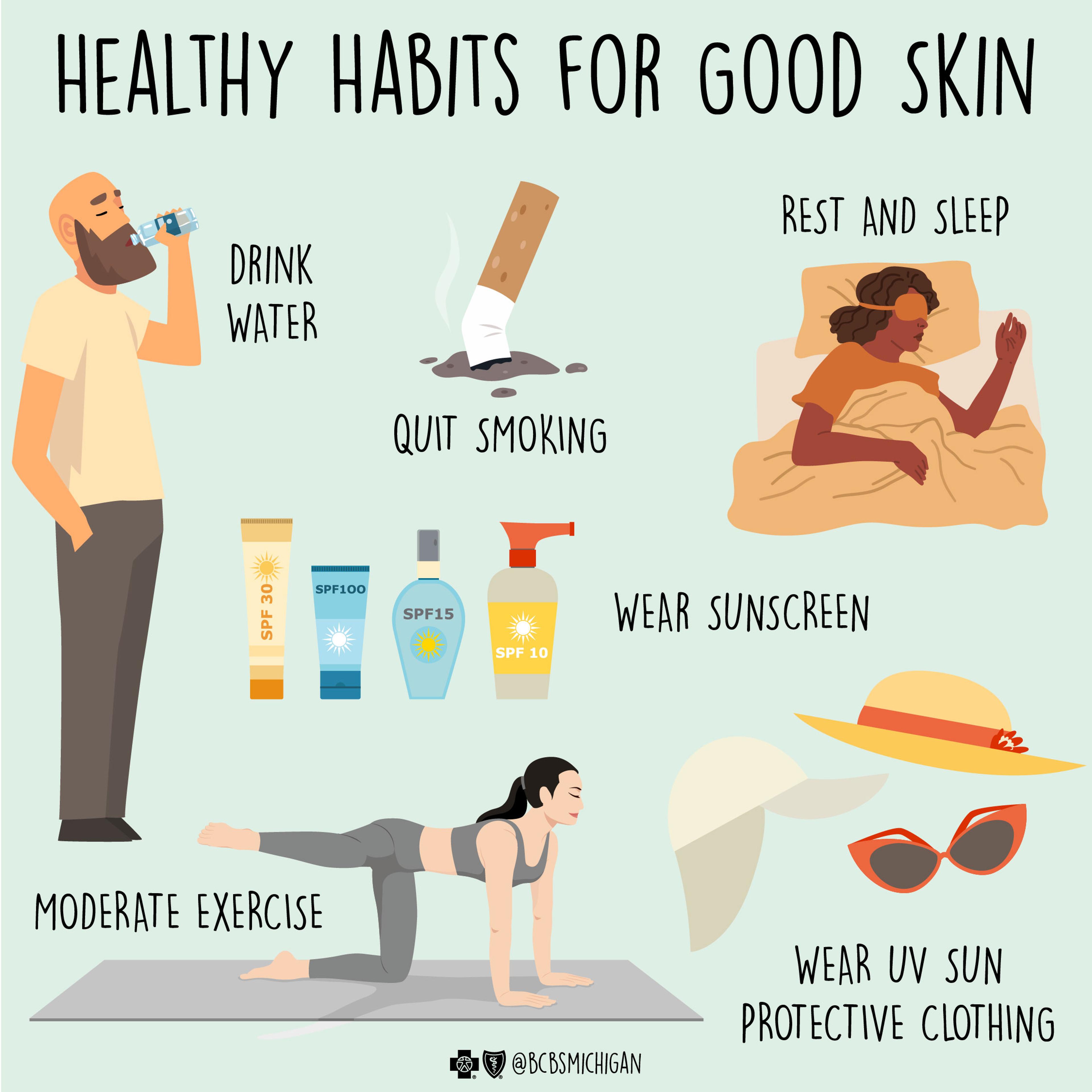How Cold Weather Affects the Skin

Blue Daily
| 3 min read

The cold air brought by the changing of the seasons can have a significant impact on our bodies – and often the first place we notice it is on our skin. Dry, chapped lips and irritated and cracked skin on over-exposed areas like hands and fingers can occur quickly during the winter months.
That’s because cold temperatures outdoors often mean low humidity and extremely dry air. There’s not much relief indoors either, as indoor heating systems often produce hot air that is also extremely dry.
Additionally, taking hot showers in the winter may feel great, but the hot water can further contribute to skin dryness and itchiness. Let's look at other general effects of cold weather on the skin.
Why does skin turn red when cold?
Transitioning from cold outdoor air to warm indoor air can cause redness and inflammation in the skin, as the blood vessels in the skin are quickly expanding and contracting to accommodate the change in temperature.
With all that dry air, you may find you need additional steps in your daily skin care routine, including exfoliators to remove extra dead skin and heavier creams or facial oils to protect your skin.
If you have a skin condition, you may find that the cold weather aggravates your symptoms.

Effects of cold weather on skin
Here are common skin conditions impacted by cold weather:
- Rosacea
- Psoriasis
- Eczema
- Seborrheic dermatitis
If you've wondered weather cold air causes dry skin, the short answer is "yes." Dryness is often a trigger for skin conditions like psoriasis and eczema. If you have a chronic skin condition and are working with a health care provider to manage your symptoms, talk to them about how best to navigate cold weather triggers during the winter months.
Dry skin that’s excessive or worsens may be caused by something other than dry air. The American Academy of Dermatology advises discussing chronic dry skin with a health care provider, as it may be caused by an underlying medical condition like atopic dermatitis or kidney disease, a medication, cancer treatment, a reaction to something you touch during the day like certain foods, or age.
Cold temperature skin exposure: extreme conditions
In extreme cases of prolonged exposure to cold temperatures, there are several conditions that can occur to the skin:
- Frostbite: This injury is caused by freezing temperatures. It causes a loss of feeling and color in affected areas and can permanently damage body tissues. In severe cases, amputation is necessary. Areas most affected are nose, ears, cheeks, chin, fingers and toes.
- Trench foot: This condition is also known as immersion foot, and happens when feet are exposed to wet, cold conditions for a long period of time. Wet feet can lose heat 25-times faster than dry feet. To prevent heat loss, the body constricts its blood vessels – shutting down circulation in the feet. The result is skin tissue that begins to die without oxygen, and toxic products build up.
- Chillblains: These are caused by repeated exposure of the skin to temperatures just above freezing to 60 degrees F. Repeated exposure to cold can cause permanent damage to the capillary beds in the skin, resulting in permanent redness and itching. This commonly occurs on cheeks, ears, fingers and toes.
Skin health tips in the winter
Keeping your skin healthy in the winter months is possible with some preventive steps and measures. Talk to your health care provider if you have a chronic skin condition with severe symptoms.
Here are some general skin health tips for the winter months:
- Avoid harsh scrubs like loofahs and overly scented products
- Avoid hot showers and baths
- Stay hydrated
- Try a humidifier indoors
- Use a heavier moisturizer
- Use gentle soap
- Use lip balm with SPF
- Use sunscreen outdoors
Photo credit: Getty Images
Related:





